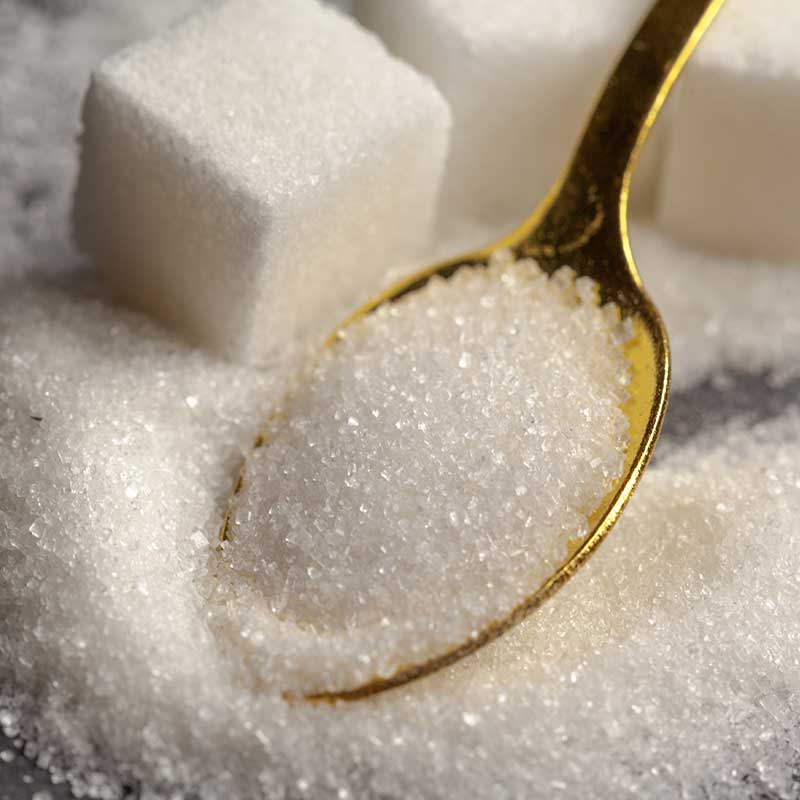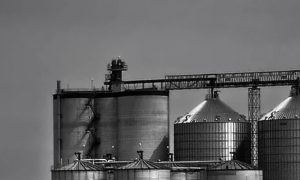Target to blend ethanol in petrol envisaged at NSI

Kanpur: The target of blending ethanol in petrol @12%, 15% and 20% by 2023, 2024 and 2025 have been envisaged under the ethanol blending programme. For 20% blending by 2025 and to cater to the alcohol requirements of potable liquor and chemical industry, the country will need about 13,500 million litres of ethanol, out of which about 7000 million litres is targeted to be produced from feed stocks from the sugar industry.
“To increase ethanol production, the sugar industry is diverting intermediate molasses, B Heavy molasses for producing ethanol. As the sugar factories operate only for 5-6 months and ethanol units are to be operated throughout the year, such molasses is required to be stored. However, upon storage, with the passage of time, sugar in molasses responsible for ethanol products deteriorates, adversely affecting the ethanol yield. Studies were taken up by the institute to prevent deterioration of molasses using a specially developed formulation comprising nano-biocide, enzymatic nitrogen source, dispersant and oxygen scavenger by M/s Suzalkem Technologies, Hyderabad at the sugar technology division of the institute”, said Ashok Garg, assistant professor sugar technology, NSI.
“We procured molasses samples from different regions and treated and controlled samples were exposed under the conditions similar to those which prevail in sugar factories. Thus, for the purpose, steel tanks having water jackets and circulation systems were fabricated”, he said.
NSI director Prof Narendra Mohan said, “After nine months of storage, it has been concluded that the use of such formulation is effective in reducing loss of sugar and thus higher ethanol yield is possible. We worked extensively with the sugar industry to suggest measures like recirculation of molasses in tanks, proper cooling and keeping higher solid content in molasses for reducing sugar loss upon storage”
With these measures and by applying such a blend of chemicals, if only 3% yield is increased, it would result in additional ethanol quantities to the extent of about 200 million litres and generate additional income of Rs. 1,200 crore per year, he said.















